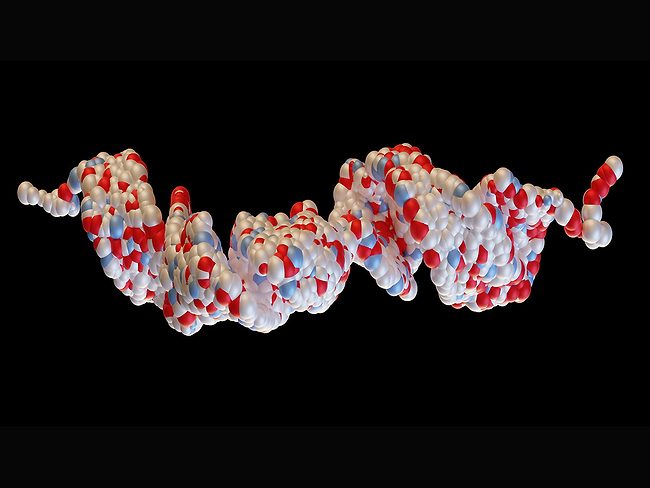
Drug design, drug delivery and technologies
Drug design, drug delivery & technologies
Axcelead Drug Discovery Partners and Eli Lilly enter collaboration
Read MoreDrug design, drug delivery & technologies
Candidate milestone achieved under X-Chem’s collaboration with Astrazeneca
Read MoreDrug design, drug delivery & technologies
Orbis to use Vivtex platform for gut permeability screening
Read MoreDrug design, drug delivery & technologies
C4 Therapeutics delivers 2nd Bidac degrader to Biogen
Read MoreDrug design, drug delivery & technologies







